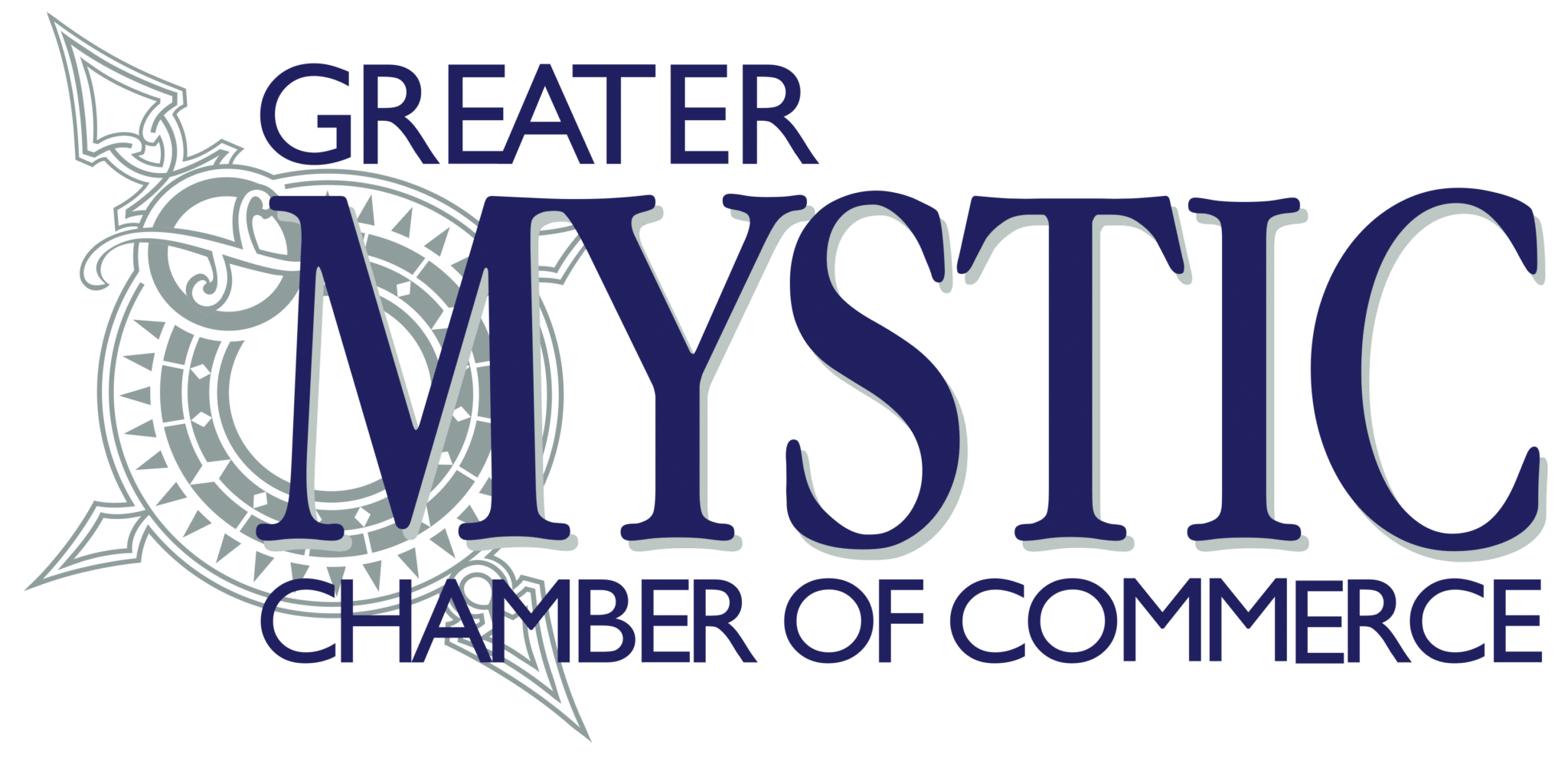Walkways are often overlooked and taken for granted. They serve as form, function, and even beauty. The main basic function of a walkway is to enhance the ease of a pedestrian to get from point A to point B. It is also used to protect landscaping from potential damage.
Functionality aside, walkways can be a direct reflection of one’s style and taste and enhances the curb appeal of your home while adding value to your property.
You can choose from a wide variety of materials, colors, textures, and unlimited designs to fit your budget. Walkways need not be boring!
How to Choose the Right Path for Your Home
You will want to ask yourself several basic questions that will help determine which type of walkway will fit your needs, budget, and lifestyle.
- How much will your pathway be used? Is it purely utilitarian for maintenance and daily use; or to connect outdoor spaces for recreational purposes, like going from the house to the pool or your outdoor kitchen? Or to showcase your stunning landscaping via an inviting meandering path.
It is not uncommon for high-end custom homes to have several walkways to serve several different functions.
- How narrow or wide should your pathway be? Is it for the front entrance of your home or the side entrance? The front entrance will need a much wider path to accommodate guests or showcasing a grand entryway. Generally, we recommend at least a 6’ wide pathway for your pathway to your front entrance.
Narrower pathways can be used for pathways to the backyard or other sides of the house. Typically, a 24” pathway is needed for one person, so if you want a pathway to accommodate two people walking comfortably, at least a 48” pathway is needed.
Many builders will use a 36” pathway as a standard, but if your property allows, wider pathways make more sense.
- Pathway compatibility to your home style is also another factor in choosing the right path and material mix and finish to complement the home’s architecture, style, and personal taste.
Type of Walkways
There is a multitude of walkway materials available, and any of them can be mixed and matched to suit your specific needs, budget, and style preferences.
Gravel – This is usually the most affordable. Gravel is informal, easy to work with, and the least expensive to install. There are different types of gravel varieties, textures, and colors available. We can help guide you in choosing which gravel may make the most sense for you.
Gravel can start at about .40 cents to $2 per square foot. You can choose from rock base, crushed limestone, rock pebbles, shells, crush and run, caliche, steel slag and shale. These gravel choices are typically priced by the cubic yard or by the ton.
Pros:
- Typically the least expensive materials to purchase
- Low installation cost
- Quick installation
- Makes for a nice stark contrast between the light and dark
- Low maintenance
- Provides good drainage
- Flexibility in look to be formal or natural and wild
Cons:
- Needs to be raked and maintained to be kept tidy
- Requires a border to keep gravel contained
- Not pet friendly to sensitive paws or bare feet
- Not good to put furniture on
- Weeds can grow through the gravel and can develop algae
- Can get dusty
Mulch– is also readily available and economical. People pay an average of $18 per yard for bulk delivery with premium mulch available. Mulch is affordable to purchase and install. You can also combine mulch with gravel to create affordable stunning looks.
Pros:
- Affordable material cost
- Low installation cost
- Quick installation
- Mulch is a natural weed blocker, just add more yearly
- Low maintenance
- Saves water
- Suppresses weed growth
Cons:
- Annual replacement
- Not pedestrian surface friendly, and has to be combined with something study to walk on
- Needs a border to keep tidy
- Can cause pest issues
Stepping Stones– This is a casual, easy, affordable, and durable look combined with gravel, sod, and or mulch. This type of walkway allows for a more personal style of choice that is reflective of your stone choice that compliments your home. We can give you a choice of flagstone ranging from 1-4 inches, as well as other variety of stone options.
Flagstone for instance is usually about $2-$3 per sq. foot for 1-1/2” thick but flagstone does require additional labor to prep the soil, grass, or bed of sand is needed.
Pros:
- Affordable and a step up from mulch and gravel
- Can lay high-end stones but maintain affordability
- Lifetime lifespan
Cons:
- Only for pedestrian use for going to Point A to B, not other utilitarian use
- Stones can get hot and retain heat
- Can be very slippery when wet
- Needs an even foundation or stones can break
Brick / Concrete Pavers– these are machine cut, flat bricks typically used for driveways, walkways, and patios. The only difference is your personal choice. Bricks are made out of clay and the other out of cement. Paver materials cost usually around $3-$10 per square foot.
These pavers come in all sorts of colors, designs, and patterns. Pavers beautifully accent any landscaping, give a pop of color to the grounds, and add elegance to historical homes, especially brick pavers.
Pros: Concrete Brick/ Concrete Pavers
- Can withstand up to 8000 psi of pressure
- Durable
- Uniform
- 20-50 years lifespan
- Low maintenance
- Stronger than poured concrete
- Easy to remove and replace damaged pavers
- Adds a nice pop of colors
- Unlimited design patterns
Cons: Concrete Brick/ Concrete Pavers
- The surface can degrade over time if de-icing salts are used
- Labor intensive, time-consuming
- More expensive than stepping stones
- Weeds can grow in between the joints if not installed properly
Stamped Concrete– Also known as imprinted concrete, this material is a solid pour of cement that is embossed with a pattern and one or more color tints. The design options are numerous with all kinds of looks and finishes ranging from about $8-$25+ per square foot depending on the design. Stamped concrete can mimic brick, slate, flagstone or even wood! Typically comes with a 25-year warranty since it’s the same process as standard concrete.
Pros:
- Durable 25-year warranty
- Various designs, colors, textures, and patterns to choose from
- Can be less expensive to install than pavers
- No weed growth between joints
- No expansion/ contraction from seasonal changes
Cons:
- If sealed, you will need to re-seal every 2 to 5 years
- Will crack eventually
- Hard to color match in case of repair
- Colors can fade over time
- Some finishes can be slippery when wet
Flagstone, Limestone, Travertine, Slate – These are the best premium walkway materials you can invest in. You can even purchase them in varying thicknesses, but for a walkway, a one-inch to one and one half inch thickness is preferred. Generally, the wider and larger the stone piece, the better.
Installation requires the craftsmanship of a stonemason to make sure they fit perfectly and is usually the most expensive option on the list because installing these stones is labor-intensive. Flagstone runs approximately $15-$20 installed. Limestone or travertine $13-$30 per square foot, and slate $18-$45 These types of stone are also available as real stone pavers.
Pros:
- Long-lasting
- Low maintenance
- Resistant to chipping and cracking
- Pick from a variety of high-end stone colors, finishes, and natural beauty
- Boosts curb appeal and home value
- Travertine is great for pool decks and patios because travertine tends to stay cool enough in the hot sun to still walk barefoot on
- If a stone cracks, it is easier to replace a stone in comparison to an entire stamped concrete pad
Cons:
- Expensive, labor-intensive
- Slate can be slippery
- Can grow moss or mold stains depending on the area installed
Rustic Wood or Recycled Pallet Wood– This is a great option for environmentalists. Recycled woods can be cheaply bought or given for free like pallet wood. Since wood is such a flexible material, it can provide a walkway that is embedded in the ground or raised, and easily mixed with other mediums.
Pros:
- Environmentally friendly
- More flexible than stone
- Durable
- Can elevate a path away from muddy parts, and remains dry solid all year round
- Affordable or extremely economical depending on the wood source
Cons:
- Wood rot
- Can be slippery when wet depending on the finish
- Shortest useful life out of all hard surface options
- Seasonal maintenance to keep it looking fresh
Final Thoughts
There are no hard and fast rules for mixing and matching walkway materials and the various forms and functions you need to fulfill. Your new walkway is but a canvas to your imagination.
When you are looking for a walkway that has affordability, beauty, safety, and durability, we got you covered. You will get beautiful, functional designs by our specialists that align with your desired goal and budget.
While there are many pathway options to choose from, we are here to guide you in your pathway selection and widths.
As part of your existing home renovation or new custom home, call us or click here to schedule your complimentary, no-obligation consultation.






